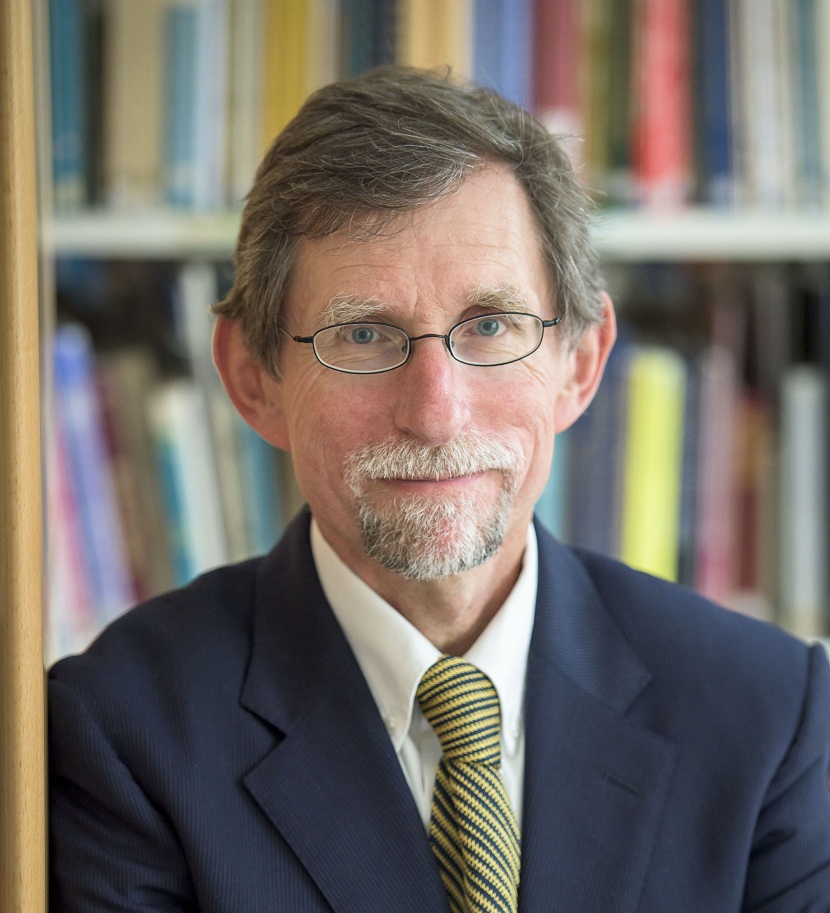NIS International Research-to-Practice Conference
Inspirational Speakers

Keynote Speakers
Tim Oates
Tim Oates is Group Director of Assessment Research and Development at Cambridge Assessment, focussing on national and international research on assessment and measurement.
He has published widely on assessment and curriculum. He has undertaken wide-ranging international comparison of the performance of education systems, and advised OECD on its curriculum review work. In 2010 he published ‘Could do better’ which laid down the principles for the review of the National Curriculum in England. From 2010-2013, he was chair of the Expert Panel for Review of the National Curriculum. In 2014, Tim published ‘Why textbooks count’, a study examining the structural role of textbooks in educational reform. This led to national debate and co-ordinated work by publishers, on enhancing both the quality and patterns of use of learning materials. The ‘Cambridge Approach to high quality textbooks and resource materials’ was published in April 2016 and already has been widely used. He was a member of Ofqual’s Standards Advisory Group from 2010-16; he recently has moved from this group to the Ofqual Vocational Standards Advisory Group. Tim routinely provides briefings and advice to UK and other governments. He is a Fellow of Churchill College Cambridge. In 2015 he was awarded a CBE for services to education.
